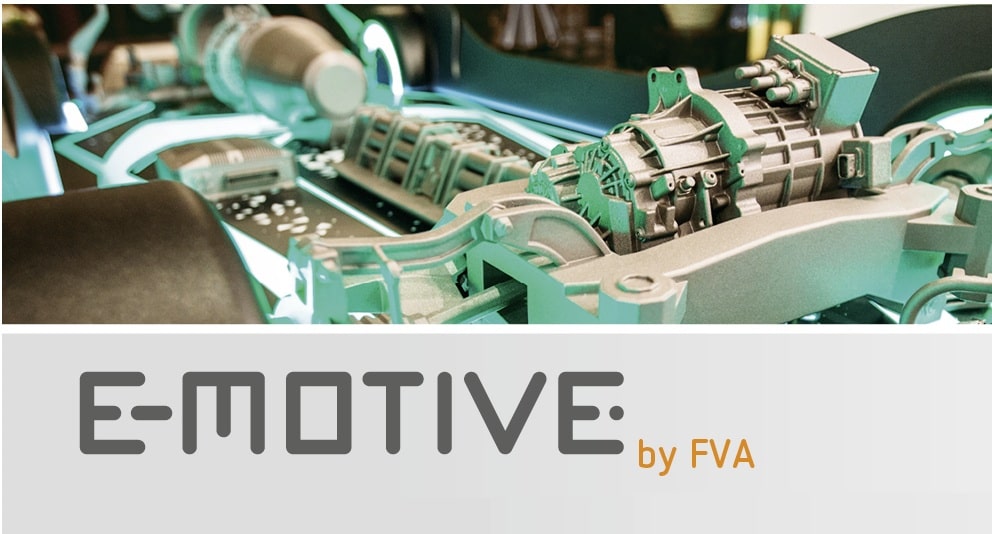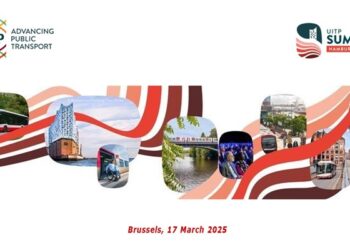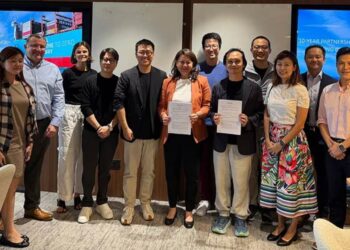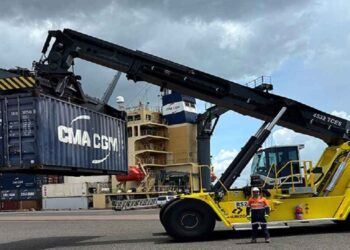In Schweinfurt, automotive manufacturers and suppliers came together with research and science to find new ways to cooperate.
The wind is getting stronger. Automotive manufacturers and their suppliers have more and more opportunities to choose the right, or perhaps the wrong path. Success demands an increased focus on partnership and cooperation, both nationally and internationally. The E-MOTIVE Expert Forum brings industry together with research and science, supporting exchange and knowledge transfer in one of the most important core German industries.
Frankfurt/Schweinfurt, 05.09.2019: For the automotive sector, 2019 is all about change – from digitalization to electromobility and new mobility concepts. Discussion, exchange and cooperative competition for the best solution approaches are more essential than ever.
The meeting of experts in Schweinfurt in advance of the IAA 2019 to discuss the power trains of today and tomorrow could therefore not have come at a better time. The core topic of this year’s E-MOTIVE Expert Forum was therefore exactly that: the further development and integration of new technologies in the vehicles needed for the mobility transformation.
Dr. Lutz Lindemann, CTO at Fuchs Petrolub SE, got to the heart of the matter: “E-mobility is a disruptive element in the technological development of mobility. The changes affect and change entire supply chains. Meeting the new technological challenges will also take a huge effort. Interdisciplinary exchange and the development of new partnerships are extremely important in order to find solutions.
The pressure on the automotive and supplier industry is now enormous. Society expects dedicated effort from Germany’s most important industries, as well as specifications and support from policymakers. Bernd Stephan, President, SKF Automotive & Aerospace, is ready to deliver: “We will only reach the CO² goals by 2050 with the help of electromobility. It is a real game changer for the automotive industry.” But he also notes the enormous challenges: “Switching to electric drives in vehicles has far-reaching consequences, both for OEMs and for the supplier industry. The entire supply chain will need to redefine itself.”
“To back this up, policymakers need to improve the funding provided to research bodies like the Industrielle Gemeinschaftsforschung IGF (German Federation of Industrial Research Associations), support the establishment of excellence clusters for mobility, and optimize the statutory framework to guarantee fast transformation,” said Hartmut Rauen, Deputy Executive Director at VDMA.
The E-MOTIVE Expert Forum is of course also a space for discourse. After all, not everyone is yet in agreement about whether the preferred approach of using electromobility is already the final word on the subject, or has already reached the necessary market maturity. Bert Hellwig, Head of System House E-Mobility at ZF Friedrichshafen AG, dived straight in to the debate: “The plug-in hybrid with an electric range of 80-100 km will be the ideal addition to battery cars over the next decade. Not BEV or PHEV, but BEV and PHEV.” He pointed to the behavior of consumers, who are buying more and more SUVs and petrol-powered cars, despite the ongoing discussion in society about tightening CO² limits.
Given the wide range of views on the drive of the future, Forschungsvereinigung Antriebstechnik e.V. (FVA – Research Association for Drive Technology) has joined up with Forschungsvereinigung Verbrennungskraftmaschinen e.V. (FVV – Research Association for Combustion Engines) and the Expert Forum’s program committee to organize a program of presentations and sessions that is as broad as it is in-depth. They seem to have taken note of the statement by Eckhard Hörner-Marass, Managing Director of 2H.IM Executive Interim Management GmbH: “The fast beat the slow, not the large the small.” If one had to put the program in Schweinfurt into a few words, it would be about interdisciplinary collaboration, international connection and cooperation between industry and science, in order to keep up with the increasing speed of international developments. More than 220 participants enjoyed the presentations by leading research institutes and keynote speakers from the automotive and supplier industry.
About E-MOTIVE
The VDMA Forum Electromobility: E-MOTIVE combines the expertise of over 20 industry associations, forums and research associations of VDMA. This enables them to comprehensively cover the future-oriented field of electromobility from the standpoint of the mechanical and plant engineering sector. The forum is the central point of contact for all activities in and around electromobility and highlights the key role of mechanical engineering in the development of this field. Some 28 research projects from the FVV and FVA are currently being conducted as part of the E-MOTIVE initiative. elektromobilitaet.vdma.org
About the FVA
The FVA (Forschungsvereinigung Antriebstechnik e. V.) is the leading global research and innovation network for drive technology. Industrial developers and researchers have been working together on fundamental pre-competitive questions of power transmission engineering since 1967. This form of collective industrial research provides the basis for the product innovations of more than 200 FVA members. Over the course of 50 years, the FVA has implemented 1,700 projects with a financial volume of more than 230 million euros. www.fva-net.de
About the FVV
The FVV has been supporting research and development in the area of combustion engines since 1956. Its main goal is the continuous optimization of the degree of efficiency and emission values of engines and turbines – to the benefit of the economy, the environment and society as a whole. The FVV’s members are small, medium and large companies within the sector, made up of automobile companies, engine and turbine manufacturers and their suppliers. www.fvv-net.de


































